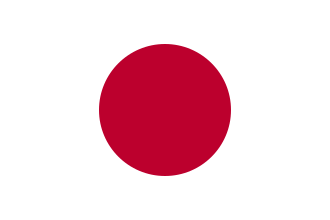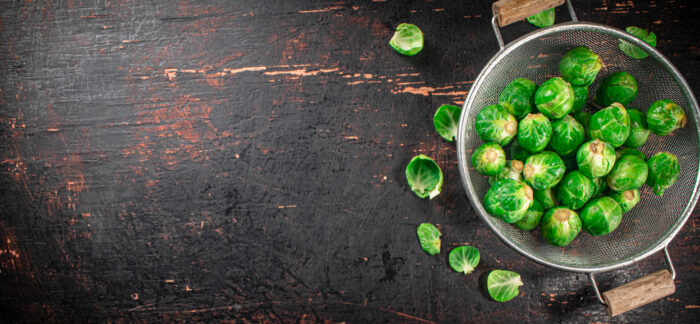At OK Kosher’s Community Outreach Division, we are always accessible and available to answer our consumers’ kashrus-related queries and questions.
Whether through WhatsApp at 929-99-ASK-OK, email at [email protected] or by phone at 718-756-7500, our on-call rabbis and kashrus experts are there to patiently answer and provide guidance.
Here are two interesting questions we received in the last few weeks:
Question: A consumer bought a brand-new seasoned cast iron pan. (The manufacturer bakes in a layer of oil into the pan to create a protective coating.) Does this pose a kashrus problem (since the origin of the oil is unknown) and does the pan need to be kashered before use?
Answer: Lechatchila, one should kasher it first before using it. This can be done by putting it into the oven for 1 hour at 500°F. B’di’eved, if one has already cooked with it, without kashering, the food would be permissible as most oils used for seasoning in the USA are vegetable oils. If, however, the pan was made outside of the USA, a local kashrus expert should be consulted.
Question: What should I do when I’m a guest somewhere and vegetables (artichokes, in this case) are served which weren’t checked according to the way kashrus agencies recommend (the leaves or petals were still attached, because that’s how they’re served and eaten). This past Shabbos, I was somewhere for dinner and the first course was artichokes. I kept my eyes open and didn’t see any bugs. I’ve also been in homes where asparagus was served.
Answer: Unfortunately, many people who are otherwise careful about kashrus, might be somewhat lax when it comes to the bug issue.
If one is concerned that the host is not following the proper protocols for ensuring bug free produce, we recommend the following: If the item can be checked visually as you eat (for example, when eating artichoke, one can inspect each leaf before eating it) then you may proceed with doing so. If, however, it cannot be (asparagus, kale salad, etc.) you should not eat it.
It’s always best to come up with an “excuse” that will preserve the peace and not cause discomfort, such as saying it’s not your taste or even something like, “I’m super paranoid about bugs and therefore avoid certain products.” If there is no way to make an excuse and one is sure the host will be insulted, one should still avoid the produce if there is a legitimate concern that it wasn’t cleaned and checked properly.
When there is no clear basis for concern and one is eating in the home of a reputable, Torah observant family, one need not be concerned as there is a chazakah that a Chaver (Halachic term for an educated Torah observant Jew) will not serve something questionable at their table.


 EN
EN  ZH
ZH  KR
KR  BR
BR  ES
ES  IN
IN  IL
IL  JP
JP 




